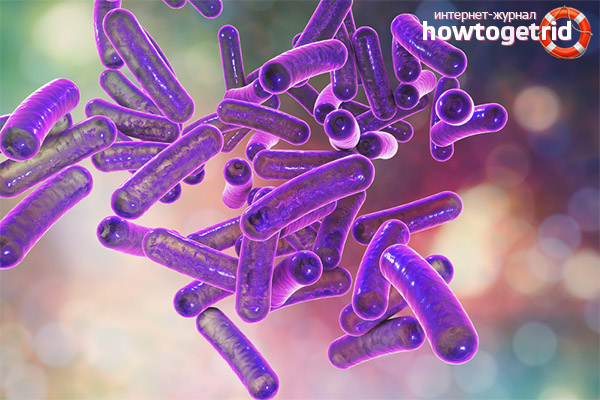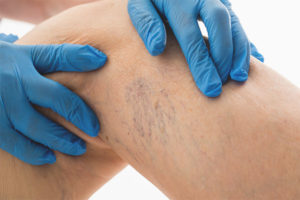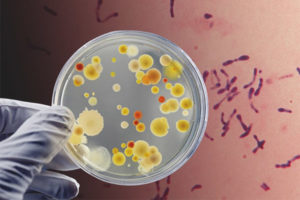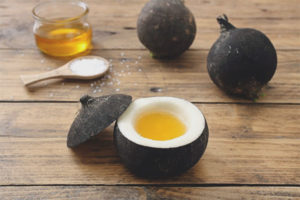The content of the article
Among infectious diseases, dysentery is particularly cunning. It can be transmitted not only from an already ill person, but also from a carrier who itself does not experience any ailments. The causative agent of the disease enters the esophagus and large intestine, causing digestive upset and poisoning of the body by toxins. Treatment is carried out comprehensively, a sparing diet is considered one of the essential components of therapy.
Diet for dysentery
The disease is accompanied by nausea, vomiting, abdominal pain, indigestion and a large loss of fluid. In the acute period, virtually all products are forbidden except for mucous soups, a decoction of rice, rose hips, and slightly sweetened tea. After the acute period passes, a nutritious diet is gradually introduced. It must be high-calorie, balanced, include the necessary trace elements and vitamins. Dishes are steamed, boiled vegetables are allowed. Food is served in small portions, in the form of heat, only freshly prepared. Semi-prepared foods and soups warmed up from yesterday cannot be given to the patient.
Limitations are quite severe. Diet should be gentle. Drinking is given very often, after 15 minutes, but not more than 2-3 sips.
Completely removed from the diet:
- fried fish, meat, french fries;
- carbonated drinks;
- canned food and convenience foods;
- coarse fiber foods;
- flour products containing yeast in the recipe;
- whole milk;
- sugar.
Important: any fermentation products are immediately excluded.
Also, vegetables and fruits with a laxative effect are eliminated from the menu. The exception is apples. When baked, they are necessarily included in diet food. For adults, an apple diet of mashed pulp without peel and pits is often recommended. Rice and buckwheat cereal, jelly, boiled fish, meat, eggs will benefit. As a first dish, hated soups are suitable, bread is replaced with home-made white crackers. Cottage cheese, yesterday's kefir, cheese, egg white omelette, mashed potatoes, tea, and cocoa without milk are allowed. Servings do not exceed 150 g, the frequency of food intake at least 6 times a day.
The diet protects the intestines from damage, reduces inflammation, stimulates the regeneration and removal of toxins from the body.
Video: how not to get dysentery










Submit